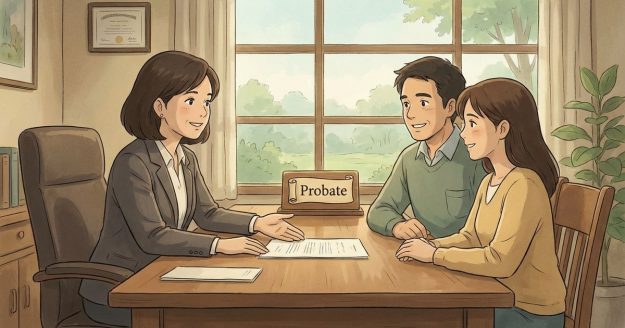What steps can family members take if they believe someone is trying to take estate property they are not entitled to? nc
What steps can family members take if they believe someone is trying to take estate property they are not entitled to? – North Carolina Short Answer In North Carolina, the most effective first step is usually to get a personal representative (executor/administrator) appointed through the Clerk of Superior Court so someone has clear legal authority…











